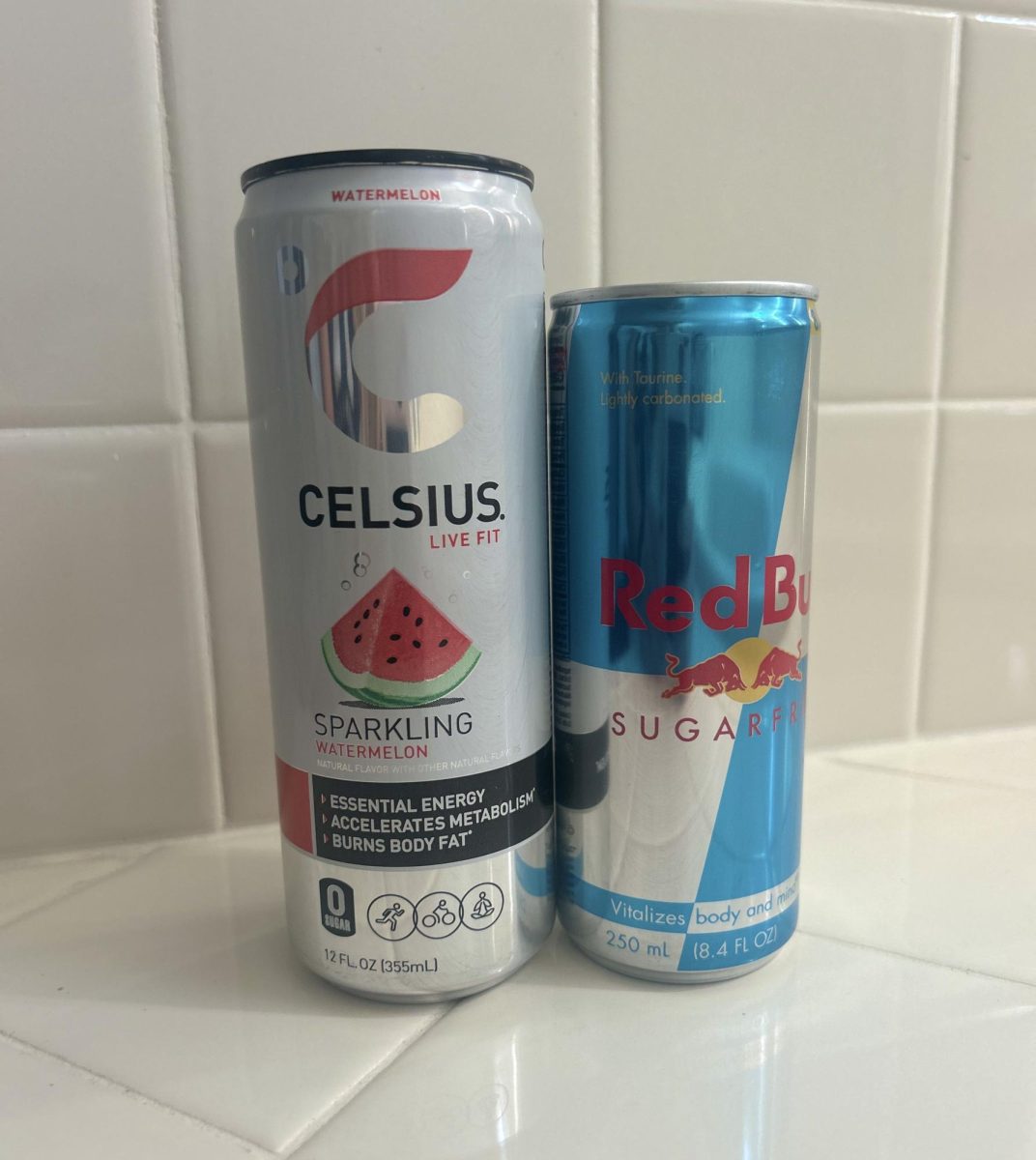Recent findings suggest that teenagers have been increasing their consumption of energy drinks and coffee. With an increase in adolescent’s caffeine intake, new questions arise about the unintended health effects young adults may face.
Teenagers’ growing dependence on caffeine has raised suspicions about whether or not caffeine intake in adolescents is sustainable for their well-being. Medical professionals and researchers have found many health issues that correlate with teenagers’ excessive caffeine intake that are important to keep in mind when selecting a beverage.
“Caffeine intake by adolescents has been associated with a number of detrimental health effects,” Osong public health and resource perspective Hae-Wol Cho said. “Such as nervousness, irritability, nausea, cardiovascular symptoms, sleep impairment, osteoporosis, and gastric ulcers.”
Caffeine-related issues have continued to grow as teenagers increase their caffeine intake every year, which is effectively harming their health.
“Between 2007 and 2011, the number of energy drink-related visits to emergency departments doubled,” the National Center for Complementary and Integrative Health said in an article. “In 2011, one in 10 of these visits resulted in hospitalization”
Teenagers have much more access to an assortment of caffeinated beverages, from caffeine-infused sparkling water to popular fitness energy drinks, which has allowed teens to overindulge on the recommended caffeine intake for adolescents.
Teenagers should be conscious of and regulate the amount of caffeine they are consuming in a day in order to stay healthy and regularly energized.
“If I ever feel drowsy at school, knowing the school store or vending machines have energy drinks makes it really easy for me to go buy a Celsius or something,” junior Bridget Byrne said. “I would definitely drink less energy drinks if they weren’t always at my disposal.”
However, those who depend on caffeine have a different outlook on their relationship with the stimulating substance.
“Caffeine helps me feel more awake, focus more, and work more efficiently,” junior Chayse Bradshaw said. “I have noticed more beneficial effects [since drinking caffeine] because I don’t ever go without energy drinks, so I don’t even know what it feels like to not have one.”
Some teens who feel overly reliant on caffeine have made efforts to cut back on their intake. However, they have been met with challenges because their bodies have made the stimulant feel like a necessity.
“When I am not drinking caffeine I notice I feel more tired, sometimes I get headaches, and normally I have to go to bed earlier because I am so tired,” junior Sierra Saylor said. “I have been drinking caffeine for so long that I do not know what my life was like before it.”
The changing teenage body has to adapt and conform to a larger caffeine intake. This is why teenagers especially feel such a visceral reaction when they go without it.
“The issue is having to keep up that level of caffeine where you start to experience symptoms of withdrawal,” AP Psychology teacher Jennifer Snyder said. “The more you drink, the more you feel the need to drink to feel the same effects, when you stop you will feel a lot more tired, a lot more drowsy, and you will lose the ability to stay awake because your body has created more receptors for the caffeine to fill. For teenagers, this is especially difficult or troubling because their brain is still evolving and changing so much.”
Granted, caffeine is not an entirely harmful substance; people consume it because it positively impacts them. Yet, those benefits affect teenagers very differently.
“Research shows that small doses of caffeine can enhance your mood, make you more alert, help you process information faster,” licensed clinical social worker Amy Morin said in an article. “That said, most of the research has been focused on adults, not children.”
“As a big caffeine drinker … just be very careful,” Ms. Snyder said. “Everything in moderation, drink it when you need it, but don’t become so dependent on it where you feel you can’t exist without a Celsius, Redbull, or Monster.”




